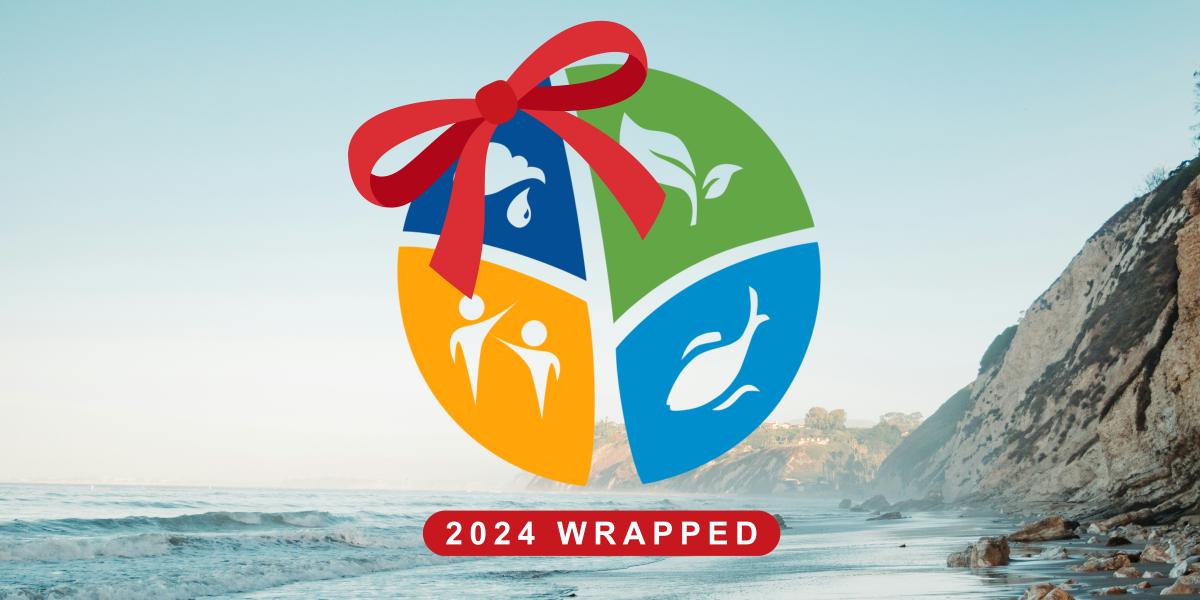
As 2024 comes to a close, we look back on how this year showcased the remarkable outcomes that emerge when people come together, driven by a shared commitment to understand and find solutions to environmental challenges around the world. From secluded coral reefs to vast African savannas, every research paper published, every workshop conducted, and every partnership formed has helped realize emLab’s mission.
What makes this year particularly special isn't just the remarkable numbers – though 28 publications, 65 media mentions, and 35 active projects spanning our programs certainly tell part of the story. It's the questions that pushed us to think deeper, the moments of innovation that sparked new ideas, and the collaborative spirit that turned ambitious concepts into actionable research. We're especially grateful for our growing community: the 38 students who brought fresh perspectives, our 8 postdoctoral researchers who pushed boundaries, the 15 visitors who enriched our discussions, and every partner who believed in our vision.
We've seen our work reach new audiences, influence policy discussions, and inspire action. But most importantly, we've witnessed the power of collaborative, solution-oriented research to drive meaningful change.
Developing innovative insights
Our research portfolio in 2024 demonstrated unprecedented reach and impact across multiple domains. Let's dive into our research highlights by program below.
Ocean & Fisheries
Global expansion of marine protected areas and the redistribution of fishing effort
emLab helped develop the first predictive model of global fishing effort in response to large-scale spatial closures. Using machine learning, the model helps predict the effects of future spatial closures and can aid local marine managers in strategic planning. This paper demonstrates the importance of strategic site selection for effective marine conservation. Read the blog for more.
A market for 30x30 in the ocean
A “transferable conservation market” policy built around ecological principles would allow nations to voluntarily trade their conservation obligations which may be the key to overcoming financial barriers and advancing global efforts towards achieving global targets like 30x30. By combining species distribution models with fisheries revenue data, potential cost savings are as high as 98%. To learn more, check out our press release or this Q&A with the authors.
Land & Freshwater
The economics of water: Valuing the hydrological cycle as a global common good
emLab contributed to a landmark report for the Global Commission on the Economics of Water, highlighting the urgent need to rethink how we value and manage water. With 2.9 billion people and half of global food production in areas of rapid water loss, the report underscores the risks to food security and economic stability. It advocates treating the hydrological cycle as a global common good and designing economic incentives to stabilize water resources. Read more about our team's contributions in this blog.
Impact evaluation with nonrepeatable outcomes: The case of forest conservation
Studies using satellite data to measure deforestation have helped show how well conservation policies work. However, these studies often ignore key features of deforestation data which can lead to inaccurate and biased results, making it harder to design effective policies. To fix this, emLab researchers provide new methods to ensure more reliable evaluations of forest conservation efforts.
Climate & Energy
Evaluating equity and justice in low-carbon energy transitions
Communities of color, low-income groups, and other frontline populations bear a disproportionate burden of pollution from traditional energy production. However, the shift towards cleaner energy sources presents an opportunity to address these disparities. emLab researchers helped develop a framework that provides stakeholders with a valuable tool, and much needed baseline, to develop relevant and community-informed measures for evaluating equity in energy transitions. To learn more, explore the policy brief.
Estimating the role of air quality improvements in the decline of suicide rates in China
Findings from a groundbreaking study reveal a direct correlation between air quality and suicide rates. Even a modest increase in fine particulate matter corresponds to a significant uptick in weekly suicide rates, particularly among older women. Importantly, the study also underscores the effectiveness of China’s recent 'war on pollution', illustrating that nationwide air quality policies successfully prevented approximately 46,000 suicide deaths in just 5 years. Check out this blog to read more.
People & Poverty
Factors associated with the use of liquefied petroleum gas in Ghana vary at different stages of transition
In Ghana, traditional charcoal stoves pose a significant threat to health and the environment, ranking as the second-highest cause of premature deaths. While cleaner alternatives like Liquified Petroleum Gas (LPG) exist, adoption is hindered by cost and accessibility. This paper shows that wealth and urban living don’t guarantee a switch to clean cooking with LPG. Understanding each step in this transition is key to guiding better policies. Learn more in this “Behind the Paper” summary from Springer Nature Research Communities.
Identifying farmers' response to changes in marginal and average subsidies using deep learning
Farm subsidies are meant to improve rural livelihoods and the environment, but how farmers respond to these payments is not fully understood. This study reveals that farmers are more influenced by the overall average subsidy payments they receive rather than smaller changes in payment rates, which goes against traditional economic theory. This could reshape how agricultural policies are designed and analyzed, showing the potential of deep-learning tools for better policy evaluation and prediction.
Our team also developed a variety of open-source tools and resources:
- Guidelines for incorporating remote sensing data into randomized evaluations
- stagg:: A data pre-processing R package for climate impacts analysis
- Indonesia wood pulp supply chain dataset and palm oil supply chain dataset
- Global Fishing Watch: Mapping Human Activity at Sea From Space dataset
Translating evidence into global impact
In 2024, emLab's scientific insights transformed into real-world solutions, shaping policies and programs from coastal communities to international forums. By forging strategic partnerships with government agencies, NGOs, intergovernmental organizations, and local stakeholders, we bridged the crucial gap between rigorous academic research and environmental decision-making. Let's look at three examples of our partnership-driven impact:
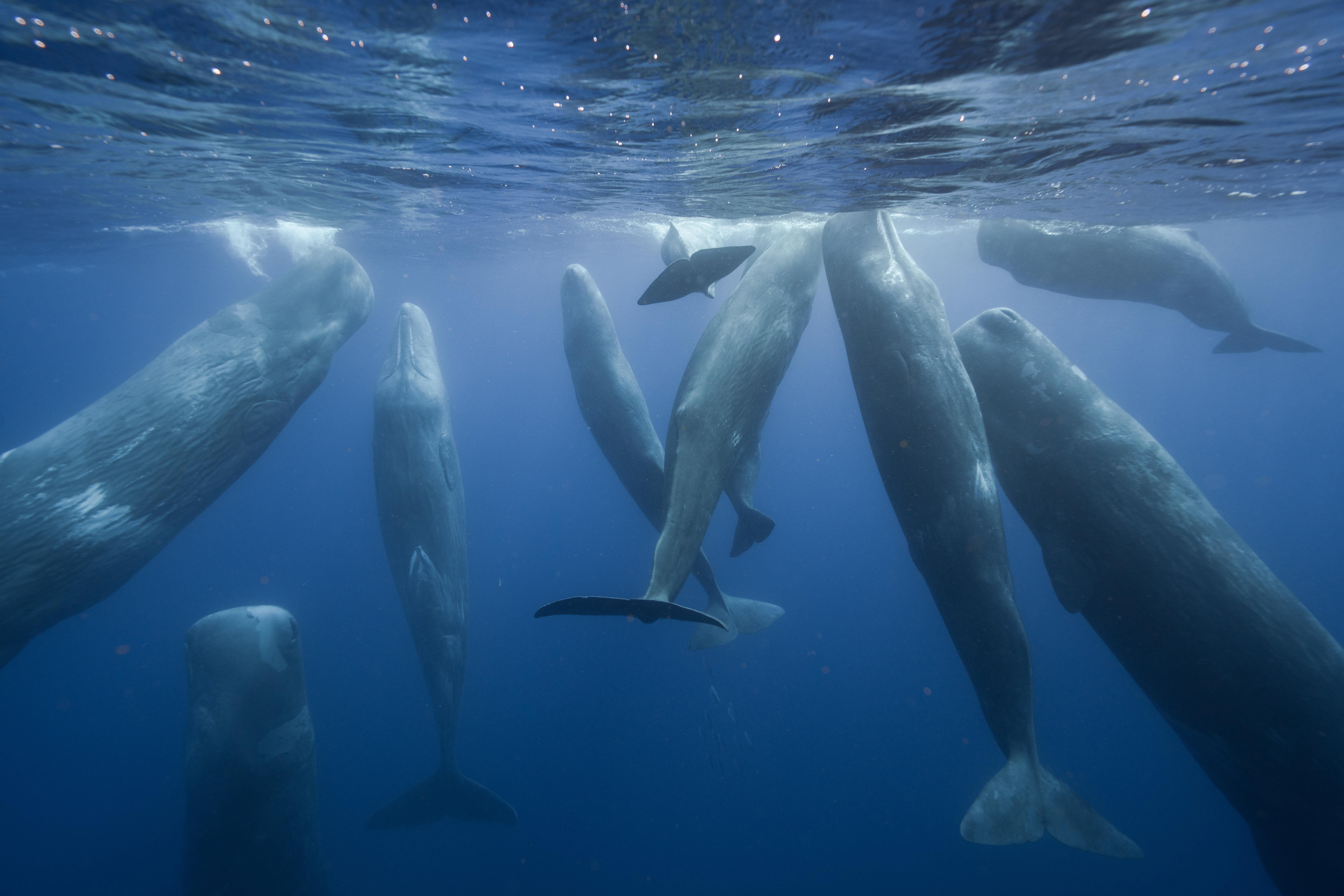
Landmark MPA network established in the Azores
The Azores established North Atlantic's most extensive network of Marine Protected Areas (MPAs), and emLab played a key role in this marine spatial planning effort, collaborating with the Waitt Institute to assess how the proposed MPA might impact the Azores' demersal fishery. This initiative offers a blueprint for a thorough, science-driven, and inclusive approach to achieving 30x30. Read more about this collaboration here.
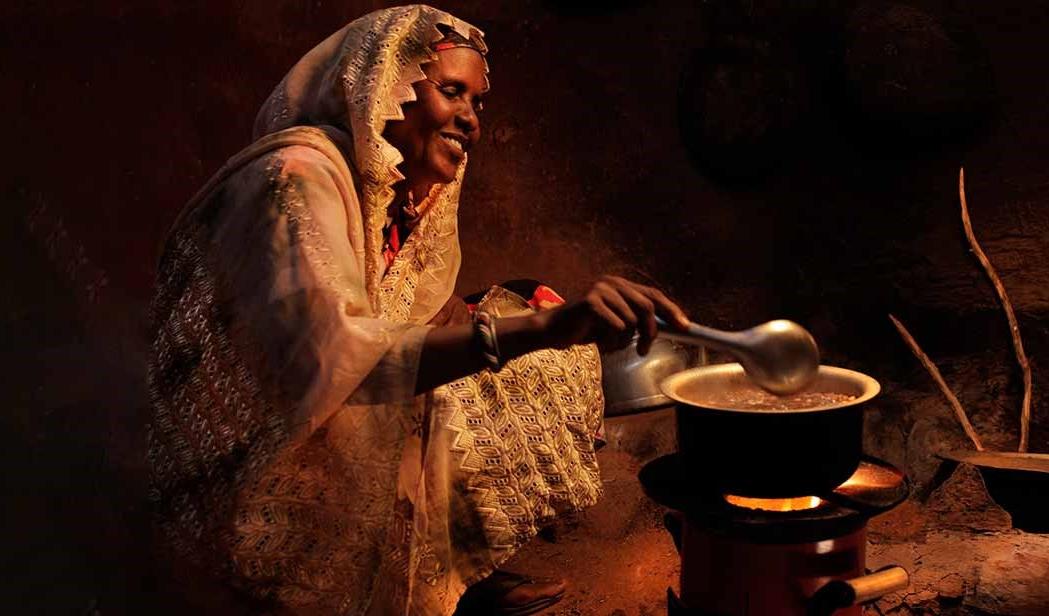
GasPay mobile platform launches in Ghana
In collaboration with Columbia University and the Kintampo Health Research Centre, emLab developed GasPay—a mobile platform that explores how financial services and targeted subsidies can accelerate the shift to cleaner cooking fuels, improving health outcomes and reducing greenhouse gas emissions. Learn more about the project here.
Photo Credit: Africa Energy Portal
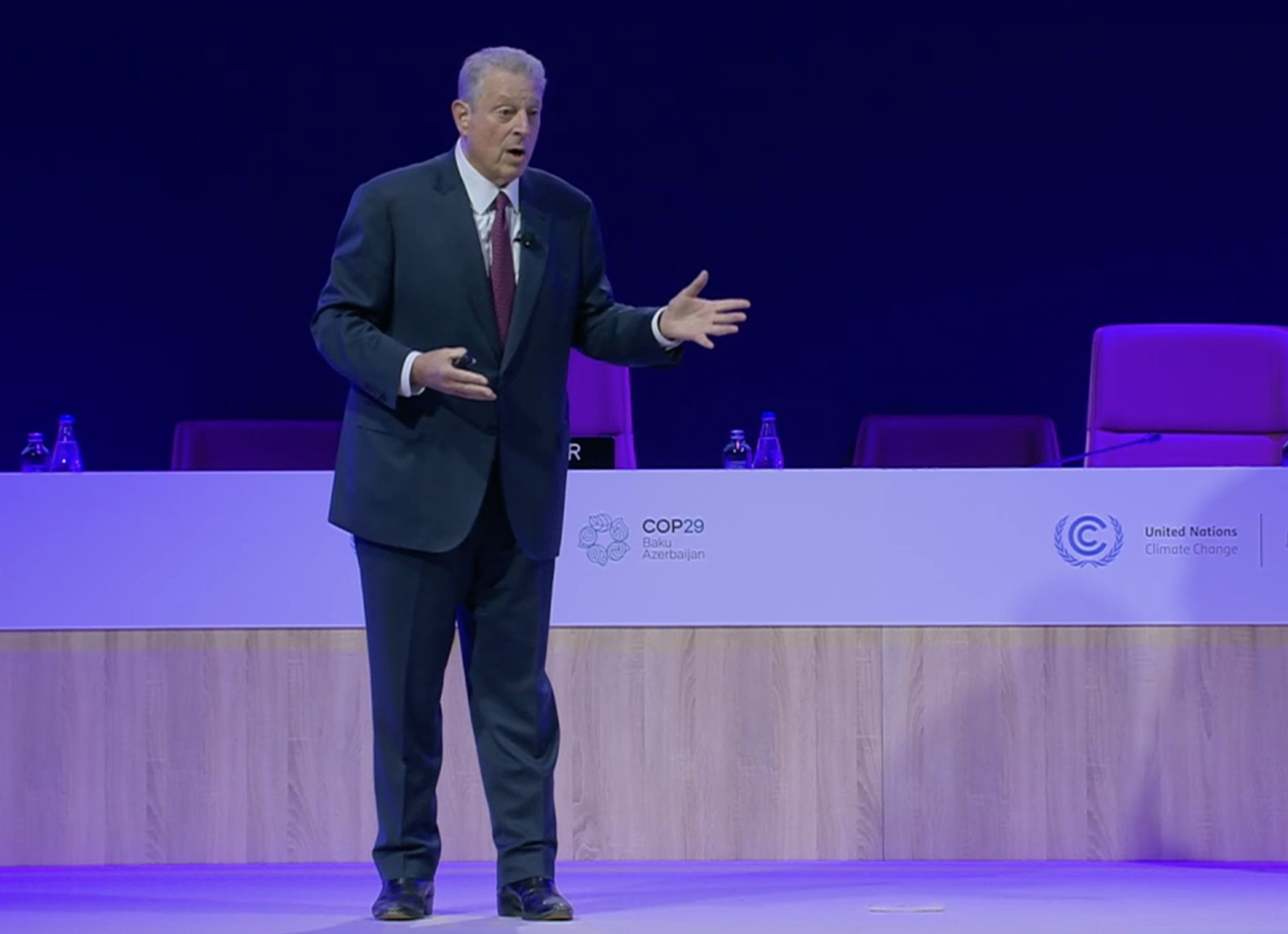
Al Gore highlights GHG emissions data at COP29
Our team contributed to a landmark study with Global Fishing Watch and Climate TRACE which harnessed AI and satellite imagery to reveal the expanding footprint of human activity at sea. This research gained global recognition when former Vice President Al Gore spotlighted it during the 2024 United Nations Climate Change Conference (COP29) in November. Visit the project page to learn more about our team's contributions.
Celebrating the community and culture underpinning emLab
To do team-based science, you need a great team. Year after year, emLab's community proves that groundbreaking environmental research flourishes when supported by a vibrant, collaborative culture.
While our success is often measured by publications and policy changes, the true power of emLab lies in our community’s ability to come together. Throughout the year, we went beyond collaborating on research papers — we built meaningful connections through monthly lunches, happy hours, staff campouts, and our annual holiday gathering. Everyone loves emLab's competitive game of speed charades where members of our team act out words such as behavioral friction, charismatic megafauna, and revealed preferences! Ultimately, it is the informal interactions like these that foster creative solutions and lasting partnerships.
We also welcomed one of our largest cohort of postdoctoral researchers this year. Eight talented scholars joined emLab, each offering unique insights into environmental challenges such as marine conservation and energy justice. As one postdoc highlighted, emLab provides "a joyful and collaborative atmosphere" for conducting policy-relevant environmental research.
emLab regularly creates spaces for meaningful exchanges between researchers, policymakers, and practitioners around the world. Here are three key events we organized in 2024:
- Additionality and ecosystem service provision workshop
emLab organized a two-day workshop that brought together leading academics from various institutions to address challenges and explore research directions in additionality and ecosystem service provision. The event featured nine scholarly presentations and facilitated structured discussions aimed at developing a collaborative research agenda. - Forest and indigenous land policies in Latin America: Lessons from the Chilean experience
On September 9th and 10th, emLab organized a two-day workshop in Santiago, Chile, bringing together twenty speakers and panelists from universities, government agencies, and local communities. The event provided a platform for researchers, policymakers, and change-makers to discuss the future of forest and Indigenous land policies in Chile and across Latin America. - 21st Occasional Workshop
emLab hosted the 21st Workshop in Environmental and Resource Economics featuring presentations from twelve speakers and nine egg-timer student presentations. Read this blog to learn more.
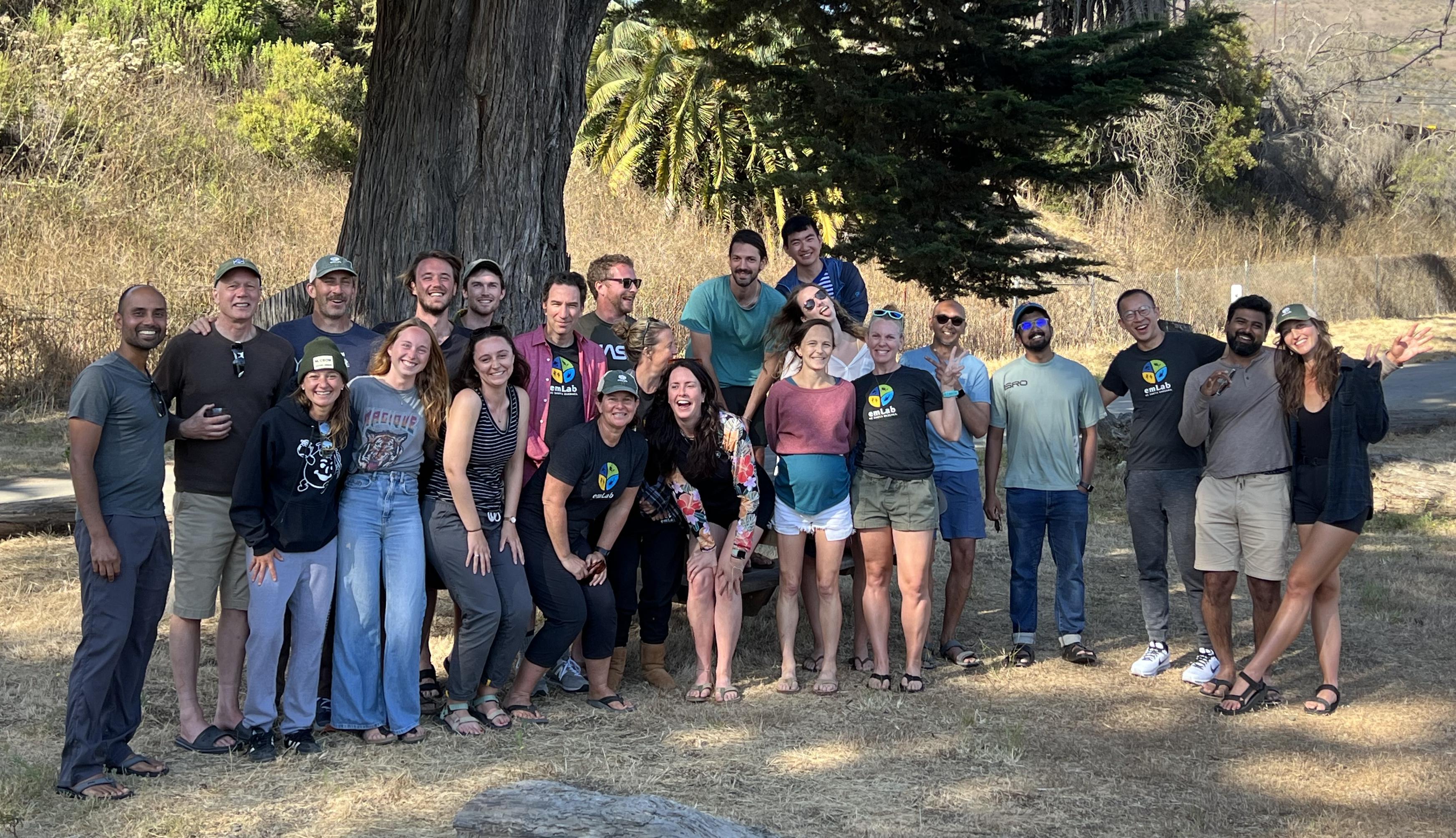
Team photo from our staff and PI campout Fall 2024.
Wrapping up the year with gratitude
Thank you to everyone who has been part of this journey – we look forward to what we'll accomplish together in the year ahead!



